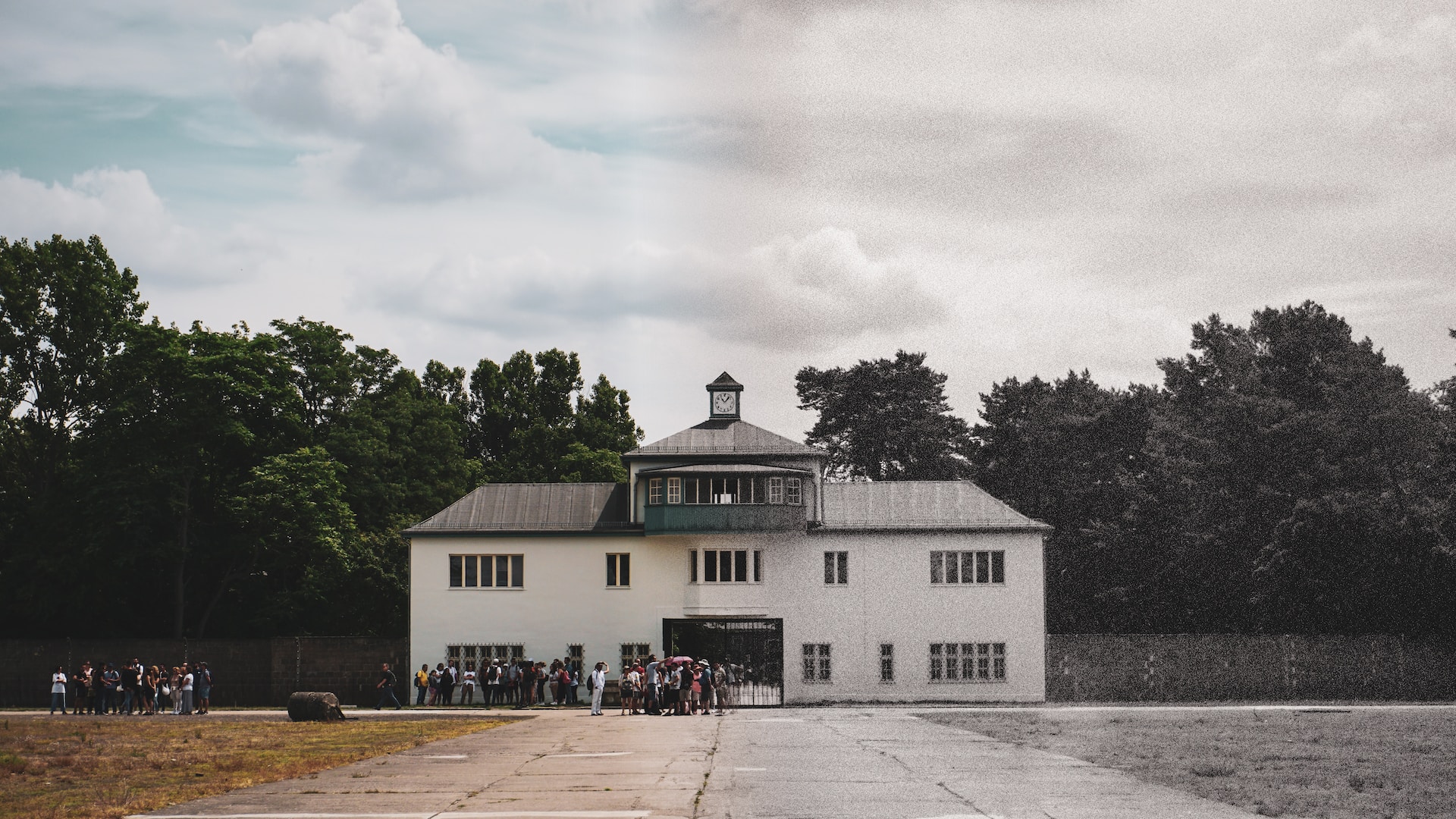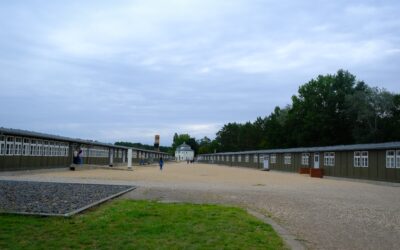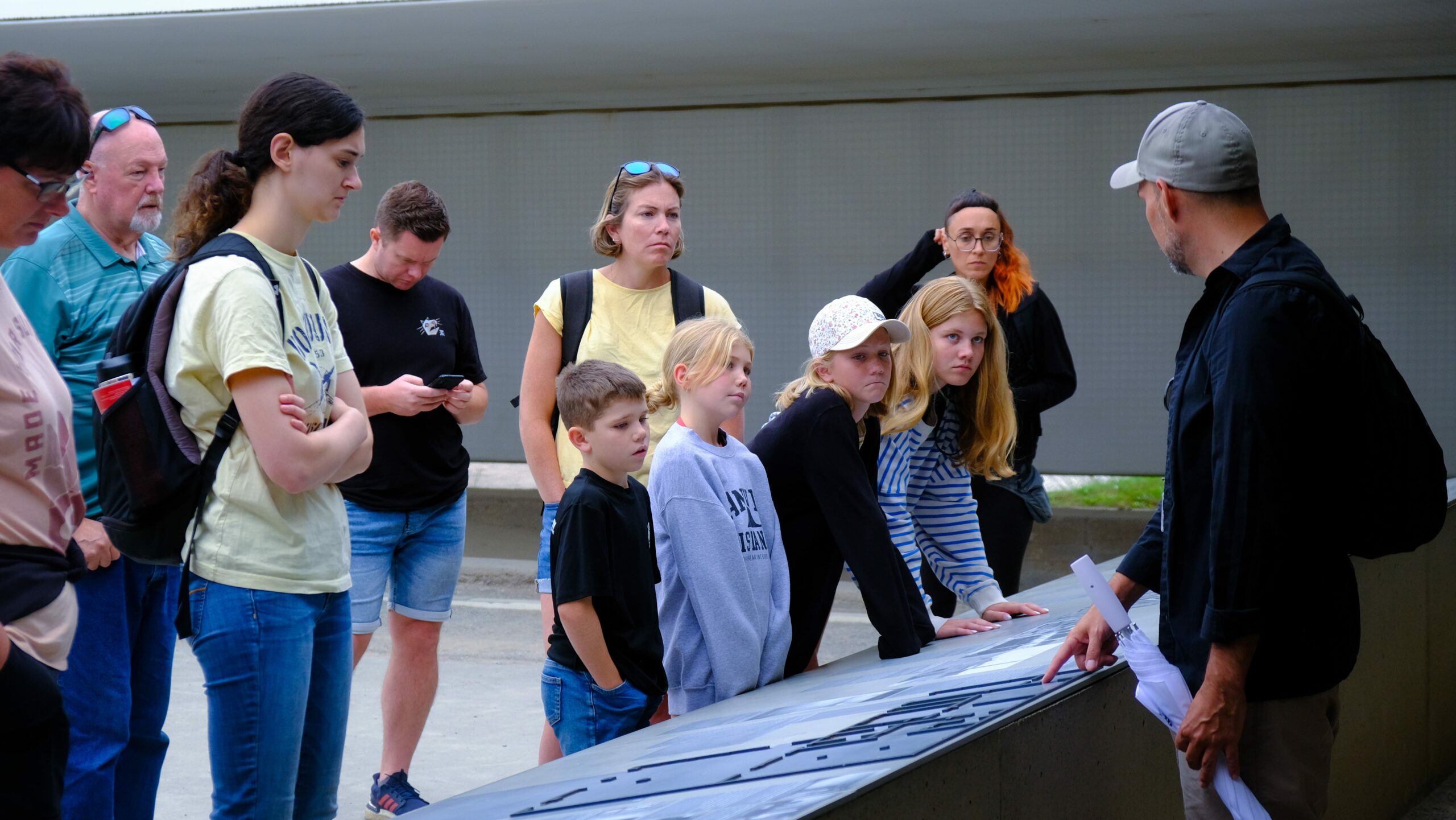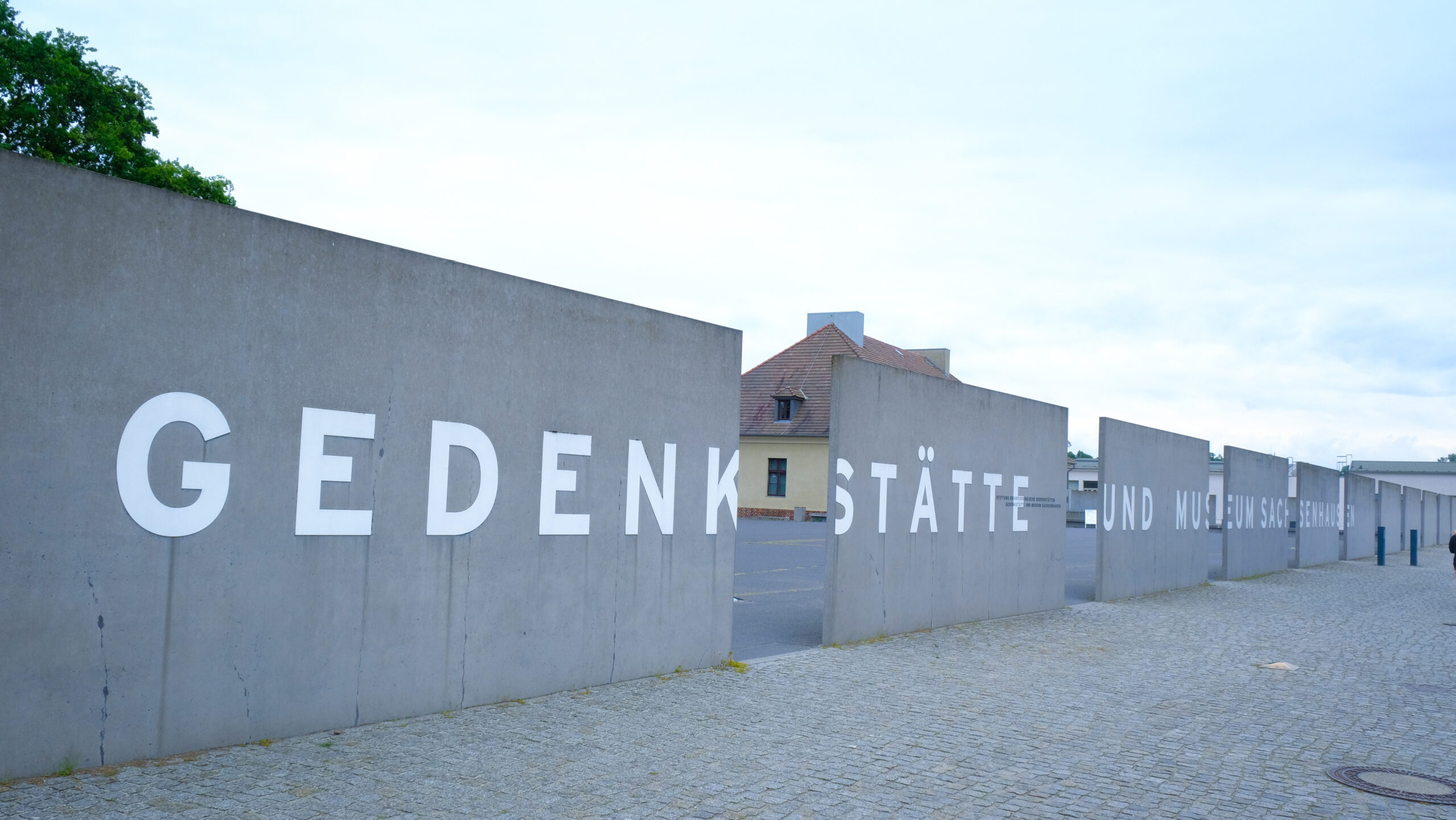The Gedenkstätte Sachsenhausen Berlin is a memorial and museum located in Oranienburg, Germany. It was established in 1961 on the grounds of the former Sachsenhausen concentration camp. This blog post aims to provide a comprehensive overview of the historical significance, exhibits, and visitor information related to the memorial.
1. Historical Background
Sachsenhausen concentration camp existed from 1936 till 1945 and was one of the most important that been established by the Nazi regime. The technique was first employed as confinement of political dissidents, which included communists and other opponents of the regime; it also served as concrete model for other concentration camps.
Over the years of its operations, Sachsenhausen detected the death of numerous prisoners from different countries reaching tens of thousands. It is little wonder that the memorial is a lasting reminder of the terror of the Nazi age and the holocaust.
-
The photographs of the exhibition at Gedenkstätte Sachsenhausen
Sachsenhausen concentration camp at Gedenkstätte Sachsenhausen today contains many different displays and elements that give the visitors a very good idea of how the camp was used. Some of the notable exhibits include:
2.1 Permanent Exhibition
Among the exhibits the visitor will find photos, paper documents, and items which belonged to genuine prisoners who unwillingly participated in constructing Sachsenhausen. With these kinds of reproductions, visitors can know the ways and quality of living of those prisoners, the activities that they have to perform daily, and manner of torture and penalties that the prisoners have undergone throughout history.
The features of the exhibition also include the analysis of the medical experiments which have been conducted by the Nazis and the destinies of certain categories of the prisoners, namely, Jews, political opponents, and Soviet POWs.
2.2 Special Exhibitions
Besides the permanent exhibitions, the Gedenkstätte Sachsenhausen has temporary special exhibitions that deal with certain aspects of the camp or Modern History human rights violations. These exhibitions provide additional information and comparative view on historical background and aftermath of the Nazi’s evil deeds.
3. Visitor Information
If you are planning to visit Gedenkstätte Sachsenhausen, here are some important details to consider:
3.1 Opening Hours and Admission
The memorial is open daily, except on Mondays, from 8:30 AM to 6:00 PM. Visits are free of charge and the management only accepts any form of contributions for the purpose of maintaining and preserving the memorial.
3.2 Guided Tours
For those who have specific interests and want to be offered more information about the context and importance of Sachsenhausen there are guided tours available. Such tours where conducted with the assistance of professional tour guides offers great information and explanation of the displayed items. As a result, it is recommended to visit the official website or contact the memorial in order to organize the guided tour.
3.3 Visitor Etiquette
Since, Gedenkstätte Sachsenhausen is a public memorial, specific etiquette that should be followed by the guests of the site is quite high and strict. The visitors should dress modestly as people do in many countries and remain quite during the visit. Photography is allowed in the park but flash and tripod are prohibited.
3.4 Accessibility
Tentative efforts are made by the memorial to allow equal opportunity for visitor’s interaction. Specially designed trails as well as the possibility to access the exhibitions by a wheelchair is provided. Information audioguides in different languages are also preferred for making the viewer’s experience more interesting.
Conclusion
I think for anyone that has the opportunity to visit Gedenkstätte Sachsenhausen Berlin, it is an emotional and informative trip. It creates a chance to gain the knowledge about the various genocides that took place during the rule of Nazi party and to pay tribute to the victims. Visiting the exhibition, walking through the premises and learning about the history at Sachsenhausen is a way of helping to keep such history from recurring.




